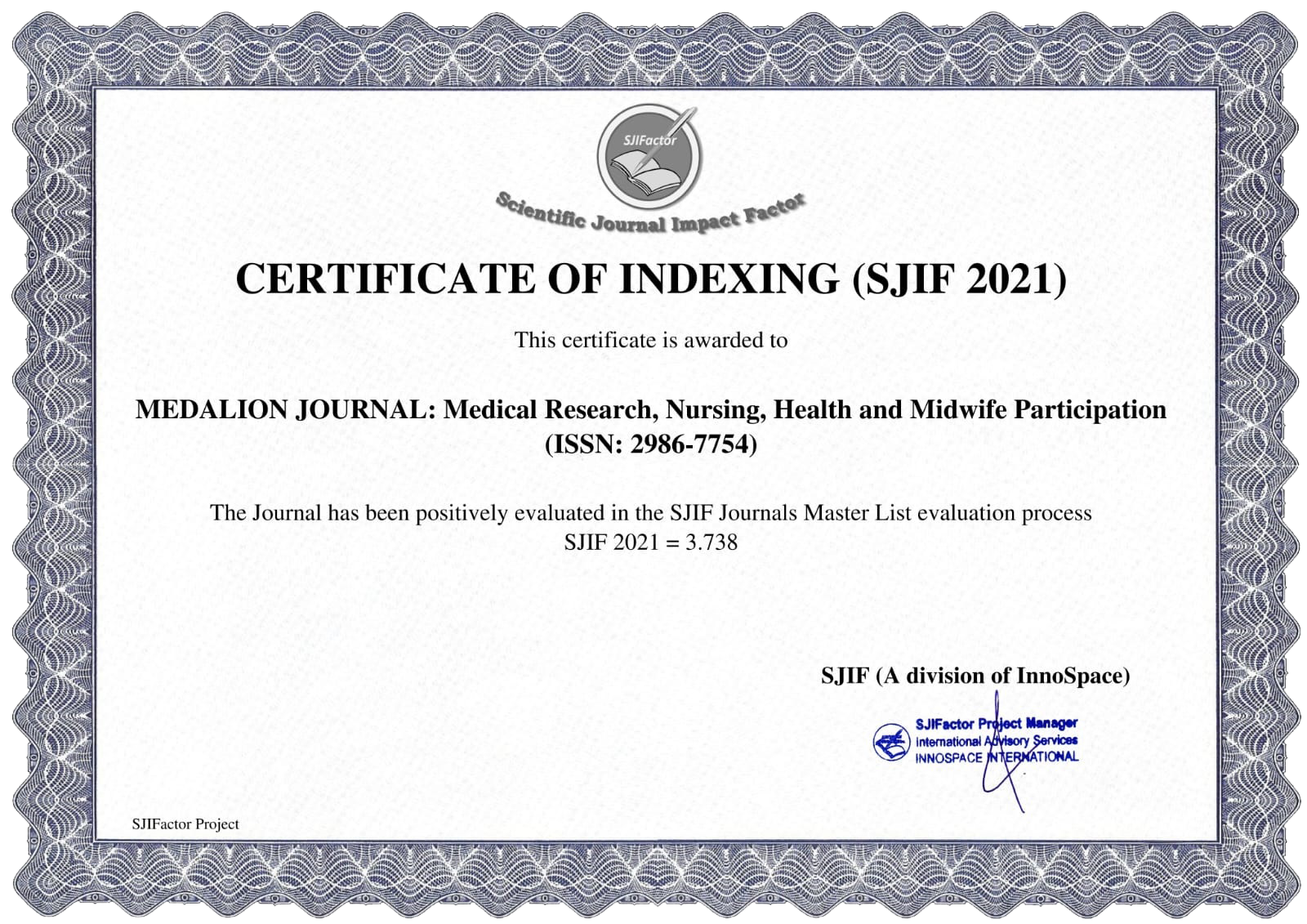REVIEW OF ORGANIC AND INORGANIC WASTE MANAGEMENT AND STUDENT AWARENESS IN AL-AZHAR HIGH SCHOOL ENVIRONMENT MEDAN
Main Article Content
Nathan Althaafarizq
Aufaa Azizi
Fauzan Arkan
Muhammad Radhin Pasha
Ahmad Fadhlan Syam Nasution
Effective waste management in the school environment is a strategic step in shaping environmental care behaviour from an early age. This study aims to review the practices of organic and inorganic waste management in schools and assess the level of students' awareness of the importance of sustainable waste management. The method used is a qualitative descriptive study with observation techniques, interviews, and the distribution of questionnaires to school staff. However, the implementation is not consistent and is still limited to administrative aspects related to waste management, but the implementation in the field is still not optimal. The level of students' awareness of the importance of waste management is in the medium category, with the main motivation coming from the influence of teachers and school environment programs. This study suggests the need to improve environmental education in a sustainable manner and provide adequate waste management facilities as a form of support for environmentally friendly behaviour among students.
Afriyeni, Y. (2018). Formation of children's character to care for the environment in Adiwiyata Mandiri school SDN 6 Pekanbaru. Early Childhood Education: Journal of Early Childhood Education, 1(2), 123–133. Lancang Kuning University.
Arini, D., Ernawati, D., Hayudanti, D., & Alristina, A. D. (2022). Impact of socioeconomic change and hygiene sanitation during pandemic COVID-19 towards stunting. International Journal of Public Health Science (IJPHS), 11(4), 1382–1390. https://doi.org/10.11591/ijphs.v11i4.21602
Asokan, A. (2023). Improving Form One student's listening skill using Edgar Dale's Cone of Experience. Journal of Valartamil, 4(2), 1–5.
Federova, S. L., Fahrizal, M. A., Mustika, S. A., Aziz, M. R. A., Firdaus, V. T., Herlambang, D. R., Sales, M., Azizah, N. N., Salsabila, I. R., Purbianita, S., & Amaliyah. (2023). Indonesia is empowered. Empowered Indonesia, 4(3), 837–848.
Ikasari, F. S., & Angganam, R. (2020). School-age children's knowledge about proper hand washing in Martapura District. Indonesian Journal of Nursing, 4(1), 75–86.
Sani, R. A. (2014). Learning innovation. Bandung: Alfabeta.
Sari, P., & Wine. (2020). Education on the impact of waste management as an effort to increase students' understanding of the healthy living community movement. Journal of Community Care, 2(2), 41–48. https://doi.org/10.37287/jpm.v2i2.91
Afriyeni, Y. (2018). Formation of children's character to care for the environment in Adiwiyata Mandiri school SDN 6 Pekanbaru. PAUD Lectura Journal of Early Childhood Education, 12, 123-133.
Arini, D., Ernawati, D., Hayudanti, D., & Alristina, A. D. (2022). Impact of socioeconomic change and hygiene sanitation during pandemic COVID-19 towards stunting. International Journal of Public Health Science IJPHS, 11(4), 1382-1390.
Sari, P., & Wine. (2020). Education on the impact of waste management as an effort to increase students' understanding of the healthy living community movement. Journal of Community Care, 22, 41-48.
Meisanti, M. (2024). Waste management and improvement of school facilities at SDN Pekayon Jaya IV Bekasi City. Journal of Community Service, University of Muhammadiyah Jakarta.
Rahmawati, F. (2014). The implementation of the Project Based Learning strategy assisted by the 6M-based waste management module to improve students' knowledge, attitudes, and behaviors towards the Adiwiyata school program at SMPN 26 Malang.
Krisnawati, Y. (2014). The implementation of the Problem Based Learning strategy is assisted by the 6M-based waste management module to improve the knowledge, attitude, and behavior of SMP Negeri 2 Malang students in order to move towards the Adiwiyata school program.





